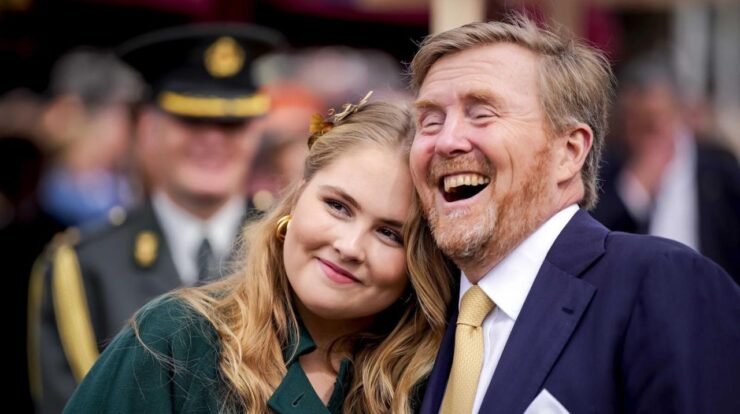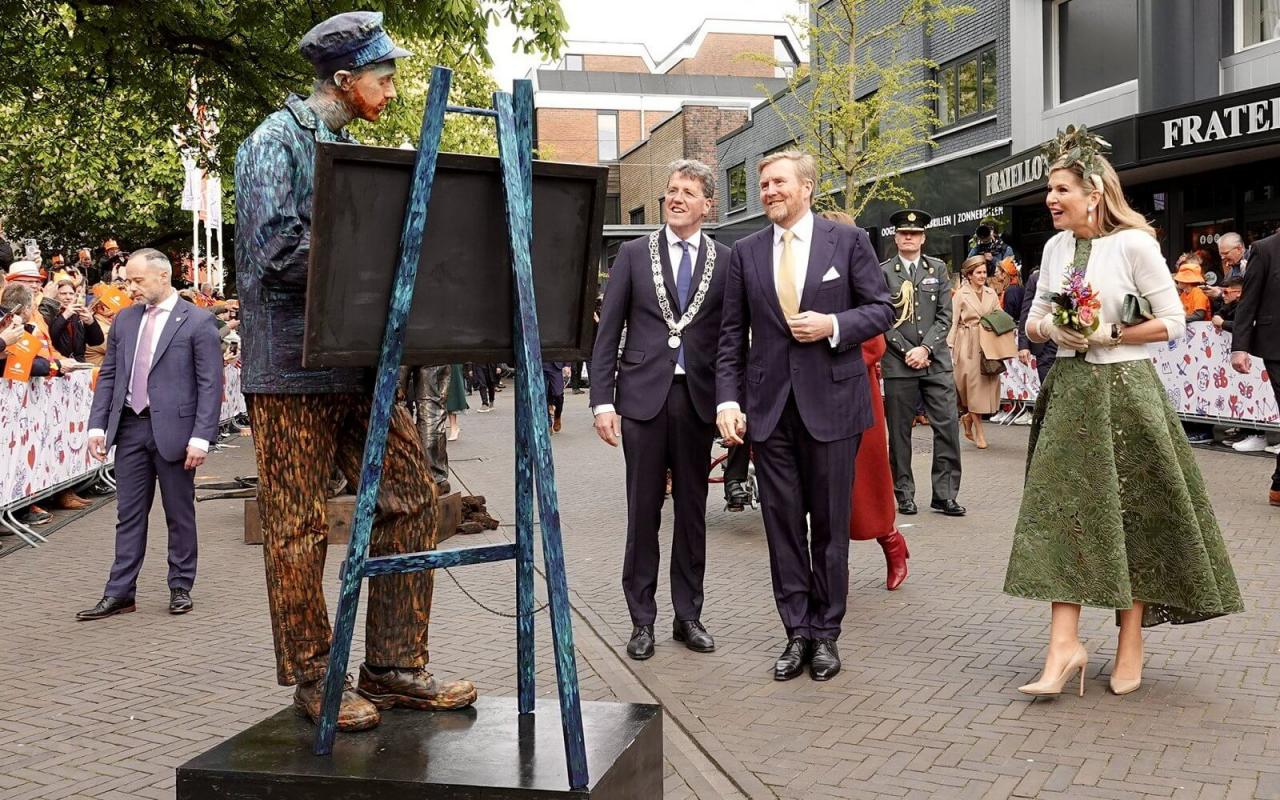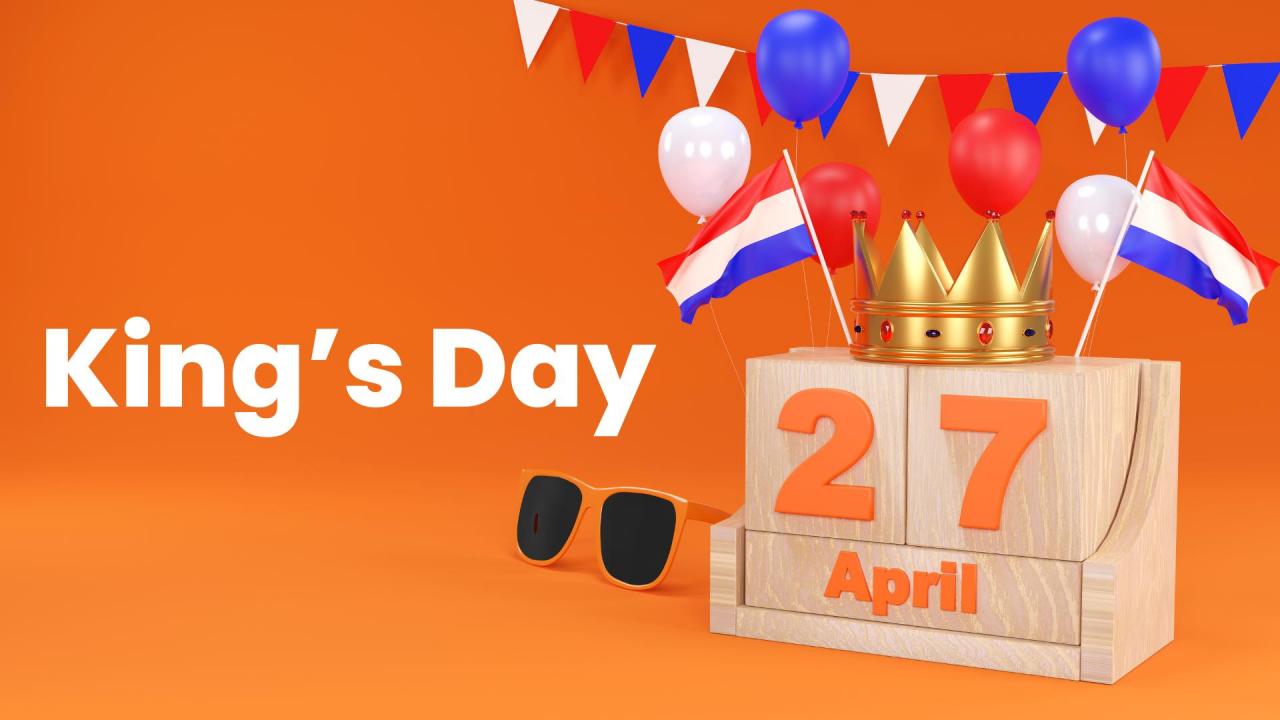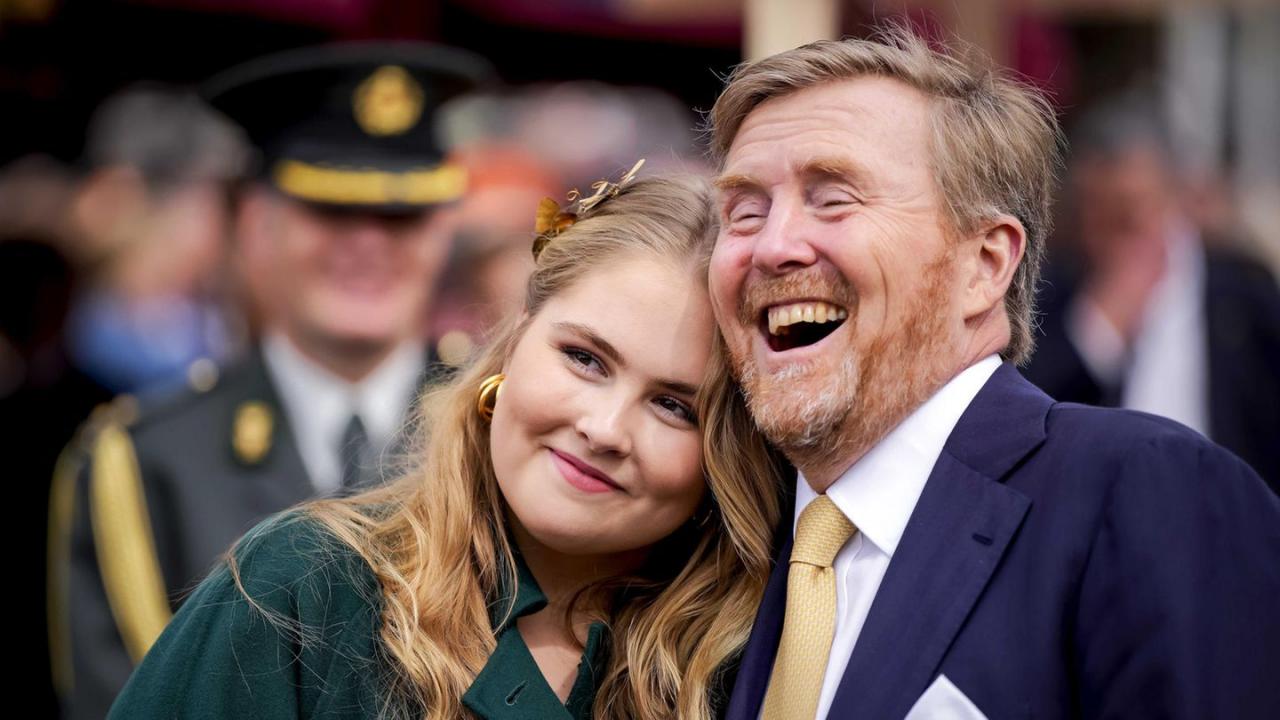
King of netherlands – The King of the Netherlands, a revered figurehead and embodiment of national pride, plays a pivotal role in the country’s political and cultural landscape. From his constitutional responsibilities to his personal interests, the King’s influence extends far beyond the palace walls, touching the lives of all Dutch citizens.
As the Head of State, the King serves as a symbol of unity, representing the nation both domestically and internationally. His duties include appointing ministers, signing laws, and opening Parliament, ensuring the smooth functioning of government.
Personal Information

Willem-Alexander Claus George Ferdinand is the current King of the Netherlands. He was born on 27 April 1967, in Utrecht, the Netherlands, to Princess Beatrix and Prince Claus.
King Willem-Alexander’s education includes a degree in History from Leiden University and an MBA from INSEAD. He completed military service in the Royal Netherlands Navy and served as a Lieutenant Commander.
Reign and Responsibilities

As the Head of State, King Willem-Alexander has a constitutional role and responsibilities. He appoints ministers, signs laws, and opens Parliament.
The King’s public duties include state visits, speeches, and official ceremonies. He represents the Netherlands in international organizations and promotes the country’s interests abroad.
Personal Interests and Activities, King of netherlands
King Willem-Alexander enjoys sports, particularly water sports, and music. He is a patron of the arts and supports organizations dedicated to nature conservation.
The King is actively involved in charitable work, focusing on education, healthcare, and social inclusion.
Royal Family and Residence
King Willem-Alexander married Máxima Zorreguieta Cerruti in 2002. They have three daughters: Princess Catharina-Amalia, Princess Alexia, and Princess Ariane.
The King’s official residence is the Royal Palace of Amsterdam, a historic building dating back to the 17th century.
Historical Context

The Dutch monarchy dates back to the 16th century. The King plays a symbolic role, representing the unity and continuity of the Netherlands.
King Willem-Alexander’s reign has been marked by his efforts to modernize the monarchy and connect with the Dutch people.
International Relations
King Willem-Alexander represents the Netherlands on the international stage through diplomatic missions, state visits, and participation in international organizations.
He promotes the Netherlands’ interests in areas such as trade, sustainable development, and peace and security.
Closing Notes
The King of the Netherlands is not merely a figurehead but an active participant in the nation’s affairs, engaging with the public, supporting charitable causes, and representing the country on the global stage. His reign has been marked by a deep commitment to the well-being of the Dutch people, fostering a sense of national unity and pride.
Question & Answer Hub: King Of Netherlands
What is the King’s constitutional role?
The King is the Head of State and symbol of unity for the Netherlands, with constitutional responsibilities including appointing ministers, signing laws, and opening Parliament.
What are the King’s personal interests?
The King enjoys sports, music, art, and travel, and is actively involved in charitable organizations.
How does the King connect with the public?
The King engages with the public through state visits, speeches, official ceremonies, and interactions with the media.





